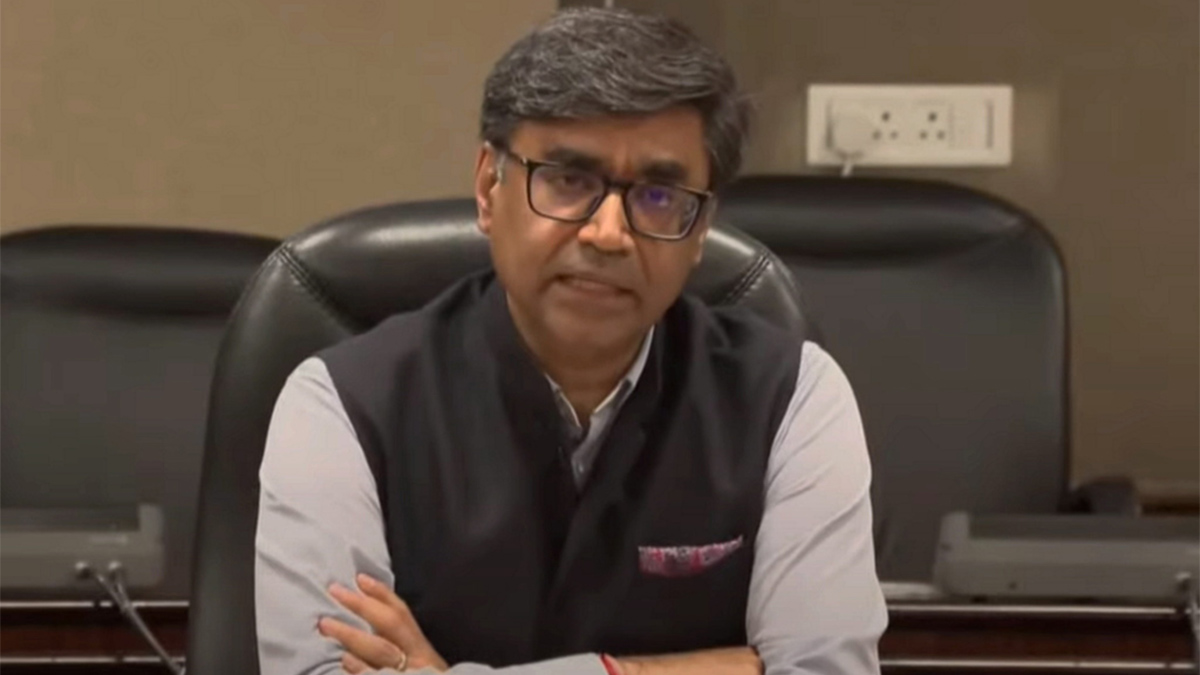The government on Tuesday briefed members of various delegations set to travel abroad, emphasising India’s long-standing stance that all forms of terrorism — direct or indirect —can be traced back to Pakistan and that India has suffered the consequences of cross-border terrorism for over 40 years.
According to a News18 report, officials pointed to instances from 2008, when India provided crucial evidence, including DNA profiles and call detail records, during terror investigations, but received limited cooperation in response.
The briefing comes as part of a broader diplomatic campaign, under which 59 Indian politicians, including sitting Members of Parliament, former ministers, and representatives from multiple political parties, will visit 32 countries as well as the European Union headquarters in Brussels.
The effort seeks to build a global consensus against terrorism emanating from Pakistan, which India says has continued to support and shelter terror networks.
During a high-level briefing to members of delegations set to visit multiple countries, officials emphasised that India has adopted a “new normal” in its strategic approach toward Pakistan.
They highlighted that the Indian Army and security agencies are now operating under a clear, long-term strategic framework.
The delegations are scheduled to engage with foreign parliamentarians, government ministers, think tanks, and members of the Indian diaspora.
Impact Shorts
More ShortsEach team will carry country-specific dossiers outlining Pakistan’s involvement in terrorism and detailing India’s security measures and counter-terror responses, reported News18.
Officials also briefed delegates on India’s continued efforts to counter Pakistan’s disinformation campaigns, particularly on contentious issues like water sharing.
India has actively worked to dispel what it calls “false propaganda” about so-called “water wars.”
As a strong diplomatic signal, India has suspended its participation in the Indus Waters Treaty of 1960, following the killing of 26 civilians in the Pahalgam terror attack, an act attributed to Pakistan-backed operatives.
India also carried out precision strikes as aprt of ‘Operation Sindoor’ on terror infrastructure in Pakistan and Pakistan-occupied Kashmir early on May 7.
Following the Indian action, Pakistan attempted to attack Indian military bases on May 8, 9 and 10. The Indian forces launched a fierce counter-attack on several Pakistani military installations.
India and Pakistan reached an understanding on May 10 to end the conflict after four days of intense cross-border drone and missile strikes.
With inputs from agencies
)